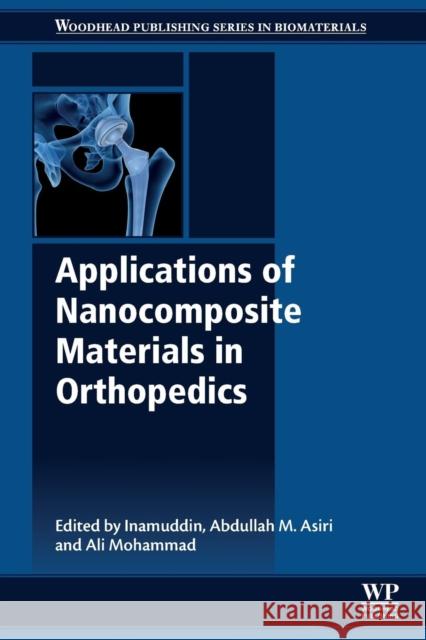Applications of Nanocomposite Materials in Orthopedics » książka
topmenu
Applications of Nanocomposite Materials in Orthopedics
ISBN-13: 9780128137406 / Angielski / Miękka / 2018 / 328 str.
Kategorie:
Kategorie BISAC:
Wydawca:
Woodhead Publishing
Język:
Angielski
ISBN-13:
9780128137406
Rok wydania:
2018
Ilość stron:
328
Waga:
0.44 kg
Wymiary:
22.86 x 15.24 x 1.75
Oprawa:
Miękka
Wolumenów:
01











